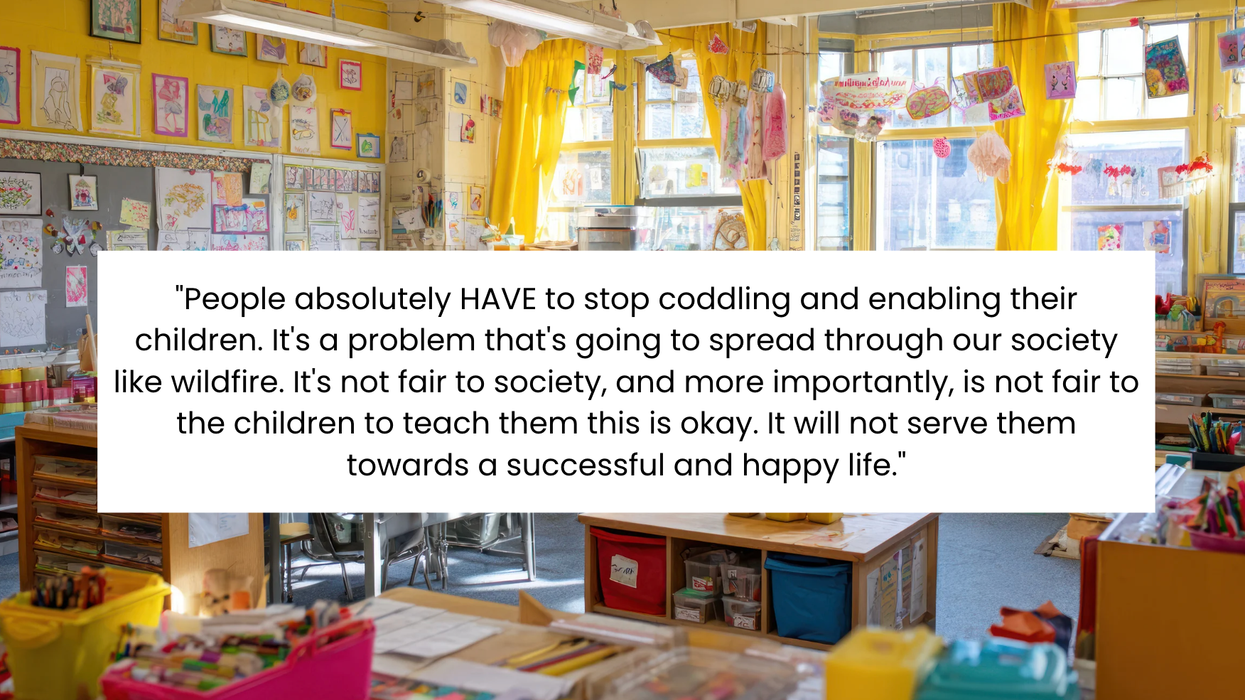In September 2011, former Chez Panisse chef, Aaron Rocchino, and his wife Monica opened The Local Butcher Shop in Berkeley, California with the aim of changing the way their customers understood and enjoyed their meat. But beyond selling only the highest quality products—all products are seasonal, locally sourced, and environmentally sustainable—they also want to educate their customers about the meat they are eating.
Part of this consciousness raising involves a significant shift from the norm in the way they price their products. Instead of charging based on the cut, The Local Butcher Shop uses a “more holistic approach,” setting the price based on the section of the animal, either the front, middle, or rear. The idea is to educate the customer to see the value in the entire cow—how it was raised, where it came from, etc.—rather than just specific cuts. But while the Rocchinos were experts on everything related to meat and butchery, they needed some assistance on the business end.
Having trouble finding a business consultant who understood their business, the Rocchinos went to the Alameda County Small Business Development Council in 2010, which then connected them to Fare Resources, a Bay Area sustainable consultancy focused on helping food entrepreneurs build sustainable businesses. The Rocchinos worked with Fare Resources founder Gabriel Cole on the business’s concept development before the shop opened, but ended up calling his team back in about six months later when the Rocchinos realized they had a serious cash flow problem. “While we certainly didn’t expect to be profitable at that point, or for awhile, we were constantly draining the bank account and needing to get more loans,” Monica Rocchino said. “We had to put a stop to that and figure out what it was all about.”
Working with Cole and his colleague Gavin Crynes, the Rocchinos were able to develop a financial model that could support their vision. They began with a financial audit, reviewing each line of the shop’s profit and loss statement and advising them on how to cut costs on expenditures like janitorial services and paper products. But they went much further than that by, for example, performing “recipe cost analysis,” to determine which of the shop’s value-added products were profitable, developing a system to track each cut, and finding financially sustainable uses for the each part of the animal so that nothing would go to waste. Thanks in large part to Fare Resources, The Local Butcher Shop’s revenue was up by approximately 40% in the last quarter of 2012, compared with the prior year.
By collaborating with food entrepreneurs, Fare Resources helps create financially sustainable food businesses, providing essential business services like market research and strategic planning—the kind of services requiring skills not ordinarily taught at culinary school. Cole says, “For us, it’s all about creating viable businesses” that focus on the “triple bottom line,” meaning that success is measured in terms of not only profit, but also people and planet. And Fare Resources impact goes beyond The Local Butcher Shop. The teams have also developed human resources policies and catering protocol for San Rafael’s popular Puerto Rican restaurant, Sol Food, and teaches free or subsidized business classes through the Alameda County Small Business Development Council.
While the Local Butcher Shop excelled on the people and planet metrics, the profit proved to be more challenging. “The shop is so on point with these aspects of their business,” Cole said. “They treat their employees exceptionally well. They take such good care of their vendors. They source impeccable products.” But the finances simply were not sustainable until Fare Resources stepped in to help. “Fare Resources’ mission statement to help make philosophically sustainably-based businesses financially sustainable is really true,” Rocchino says. “They really get that in order to be a sustainable business you have to be able to make money.”
While the services that Fare Resources provides vary from client to client, Cole noticed a growing demand for basic business tools in the local food community. In response, Fare Resources is now in the process of building an online business-to-business platform to provide Bay Area food entrepreneurs with the tools and templates that Fare Resources offers it clients, but through a more affordable and accessible channel. For a low monthly fee (less than $100 per month), members will have access to essential tools like financial planning outlines, job descriptions, and other human resources templates. (Fare Resources plans to reach an additional three regions in the platform’s second year.)
As Rocchino and Cole both recognize, local food economies need more than just good food; they need good business plans. With Fare Resources’ online incubator set to launch in June, those business plans will be easier than ever for food artisans to attain.
This month, we're challenging the GOOD community to host a dinner party and cook a meal that contains fewer ingredients than the number of people on the guest list. Throughout March, we'll share ideas and resources for being more conscious about our food and food systems. Join the conversation at good.is/food and on Twitter at #chewonit.















 Otis knew before they did.
Otis knew before they did.